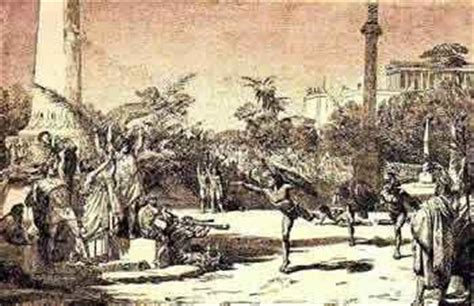
#属于体育的起源的有简介
Furthermore, the 20th century witnessed the professionalization of sports, with athletes becoming fulltime competitors and earning substantial incomes from endorsements and prize money. This transformation has led to the emergence of sports as a multibilliondollar industry, with professional leagues and franchises spanning the globe.
As we continue to celebrate the achievements of athletes and the thrill of competition, it is essential to recognize the rich heritage and diverse origins of sports that have shaped our world for millennia.
However, it was the ancient Greeks who truly elevated sports to a cultural phenomenon with the introduction of the Olympic Games in 776 BCE. These games, held in Olympia every four years, featured a variety of athletic contests including running, discus throwing, and chariot racing. The Olympics became a symbol of Greek unity and prowess, attracting athletes and spectators from across the Mediterranean.
Exploring the Origins of Sports
Sports have been an integral part of human civilization for thousands of years, with origins that can be traced back to ancient civilizations. The development of sports is a fascinating journey, influenced by various factors including culture, tradition, and societal needs. Let's delve into the origins of sports across different cultures and time periods.
Peasants also participated in various forms of folk sports and games, often as a means of celebration during harvest festivals or religious holidays. These activities ranged from simple contests of strength and agility to more elaborate team games played in village squares.
During the Middle Ages, sports in Europe underwent a transformation influenced by feudalism and chivalry. Knights engaged in tournaments showcasing their martial skills such as jousting, swordsmanship, and archery. These tournaments served not only as entertainment but also as a way for knights to hone their combat abilities and gain prestige.

